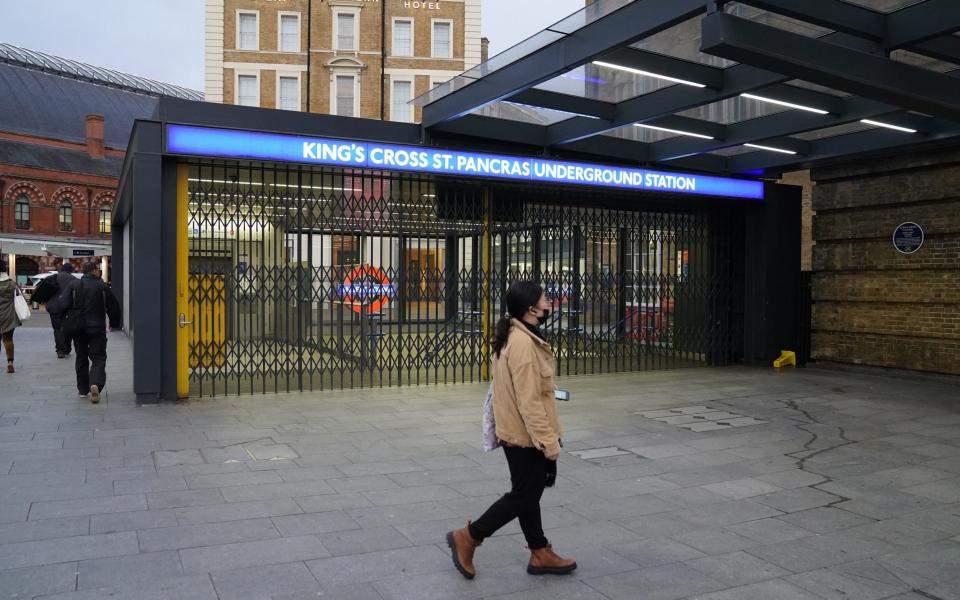Next Tube strikes: April and May dates and which lines are affected

Commuters face a fresh round of strike misery as London Underground drivers are set to bring the Tube to a near standstill in spring strikes.
Aslef staff are to stage two 24-hour strikes in a long-running dispute over terms and conditions, with the first hitting the capital next week.
Transport for London has warned passengers to expect “severe disruption across the London Underground network” with very few services running.
Here is everything you need to know about the walkouts:
When will the strikes take place?
Members of Aslef will walk out on two days in April and May after 70pc of its drivers voted by 98pc in favour of strikes. The union declined to give a number for how many drivers it expected to take industrial action on these days.
The dates are:
Monday April 8
Saturday May 4
Which lines will be affected?
Aslef drivers work across the London Underground network apart from a few lines.
The Elizabeth Line will continue to run during the walkouts as its drivers are represented by the TSSA union.
London Overground and the Docklands Light Railway are also expected to run as normal.
However, these lines are likely to be very crowded.
TfL has warned that for services that are not affected, they will not run after 7pm. It also said that Underground train services “may start later than normal” on Tuesday, April 9, the day after the first walkout. It does not expect a good service until mid-morning.
What is TfL’s advice?
Transport for London has urged union bosses to hold talks to try to avoid the industrial action.
A spokesman said: “We have been in long-term discussions with our trade union colleagues on how to modernise procedures and processes on London Underground to improve the experience both for staff and customers.
“We have no plans to impose these changes and have committed to no one losing their job as part of these changes. We have engaged with our unions to demonstrate that no change will be made that compromises our steadfast commitment to safety on the Tube network.
“We urge Aslef to continue discussions with us so that disruption for Londoners can be averted.”
Ahead of next week’s strike, TfL emailed commuters to warn that: “If these strikes go ahead, there will be severe disruption across the London Underground network, with little or no service expected.
“No other TfL services are on strike, but they will be busier than normal and queuing systems may also be in place.”
TfL pointed customers to its journey planning tool, adding that they could walk or cycle as alternatives.
Why is Aslef going on strike?
Finn Brennan, Aslef’s organiser for the Tube, said Transport for London (TfL) had failed to give assurances that changes to terms and conditions will not be imposed without agreement.
He said: “Despite a previous commitment to withdraw plans for massive changes to drivers’ working conditions, London Underground management has established a full-time team of managers preparing to impose their plans.
“They want drivers to work longer shifts, spending up to 25pc more time in the cab, and to remove all current working agreements in the name of flexibility and efficiency.
“Everyone knows what these management buzzwords really mean. It’s about getting people to work harder and longer for less.”

 Yahoo Finance
Yahoo Finance 